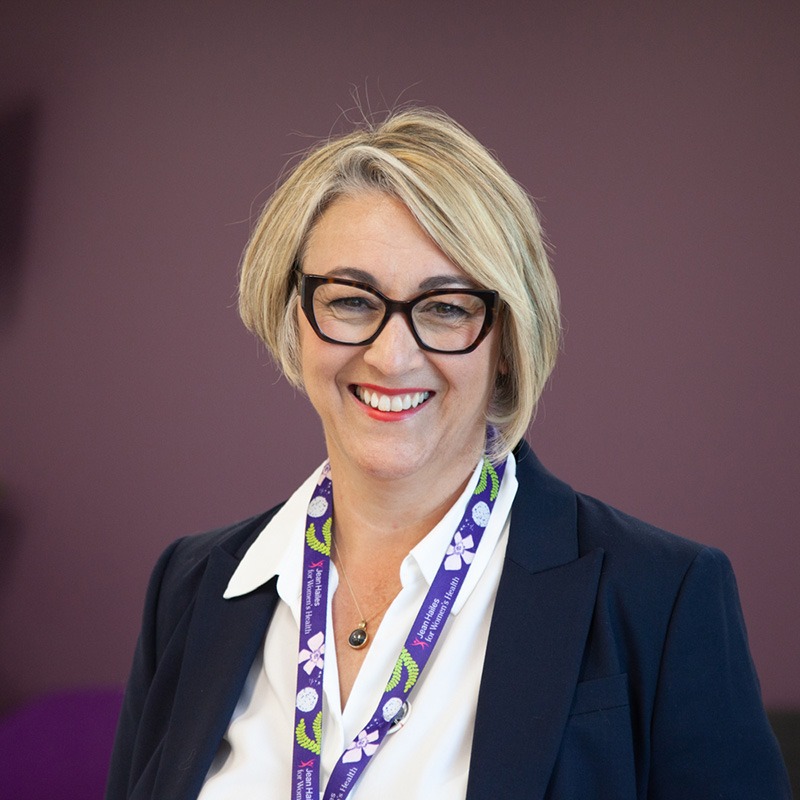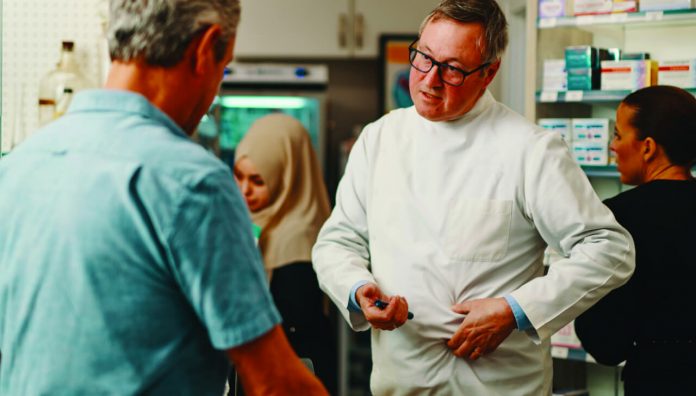Last month, I was pleased to be the first PSA President to co-sign a Community Pharmacy Agreement (CPA) on behalf of the profession, writes Associate Professor Chris Freeman.
As the custodian of the profession’s ethics, professional standards and guidance, this agreement recognises that PSA puts the ‘professional’ into ‘professional practice’. It recognises that PSA is the voice needed to drive meaningful and measurable improvement in the way community pharmacy programs are delivered now and into the future.
This landmark moment has been a long time coming. PSA has consistently called for your voice, the voice of the profession, to formally be part of the agreement over successive negotiating periods. PSA’s leadership in medicine safety and professional practice in recent years has helped cement your seat at the negotiating table. But what is most important is not who signed the 7CPA, rather, it is what this means for you, on the ground, and the patients whom you serve.
Stability
The agreement is evolutionary rather than revolutionary. It maintains remuneration for dispensing at similar levels to the 6CPA, with some tweaks. It continues the majority of existing professional programs in their current form for at least the first year of the agreement. It locks in $1.2 billion in professional programs over the course of the agreement. This is $100 million higher than the actual spend in 6CPA and is something PSA’s negotiating team fought to achieve.
In a year of seismic upheaval to our lives, the certainty and familiarity of the 7CPA brings welcome stability and confidence to community pharmacists. It is a reassuring outcome given the 7CPA will be mostly insulated from anticipated cost-cutting drives in coming years which seek to offset the financial shocks of the pandemic.
Better support for those in most need
The 7CPA provides enhanced support to medicine access for rural communities and Australia’s first people. For example, the changes will remove barriers to Aboriginal and Torres Strait people enrolling in the Closing The Gap (CTG) PBS Co-payment initiative.
Raising the bar
The hard work done by PSA on your behalf will, for the first time, result in a genuine focus on raising the bar in medicine safety, effective medicine use and professionalism as the agreement progresses. Professional programs will be reviewed, evaluated and improved throughout the agreement. This provides a pathway to reform the vital medicine management programs delivered by Australia’s community pharmacists. Reforms need to help show the value of your professional contribution in patient care and help raise-the-bar service quality.
Flexibility
This is not a ‘set-and-forget’ agreement. The 7CPA is sufficiently flexible to introduce new programs in relation to priorities and emerging needs; supporting vulnerable Australians and implementing recommendations of government inquiries and wider health policy. This approach is wise in a health system still feeling the shocks of the pandemic, bushfires and various royal commissions.
On behalf of PSA, I look forward to continuing to work with the Minister, the Guild and the Department of Health to craft and oversee 7CPA programs which connect the expertise and skills of pharmacists with the most significant medicine safety problems. I also look forward to supporting you to provide enhanced pharmacist care to all Australians.
Associate Professor Chris Freeman FPS, BPharm, GDipClinPharm, PhD, AACPA, AdvPracPharm, BCACP, MAICD is PSA’s National President.




 Source: Queensland Health Immunisation Program[/caption]
Source: Queensland Health Immunisation Program[/caption]


 Dr Sarah White[/caption]
Dr Sarah White[/caption]






